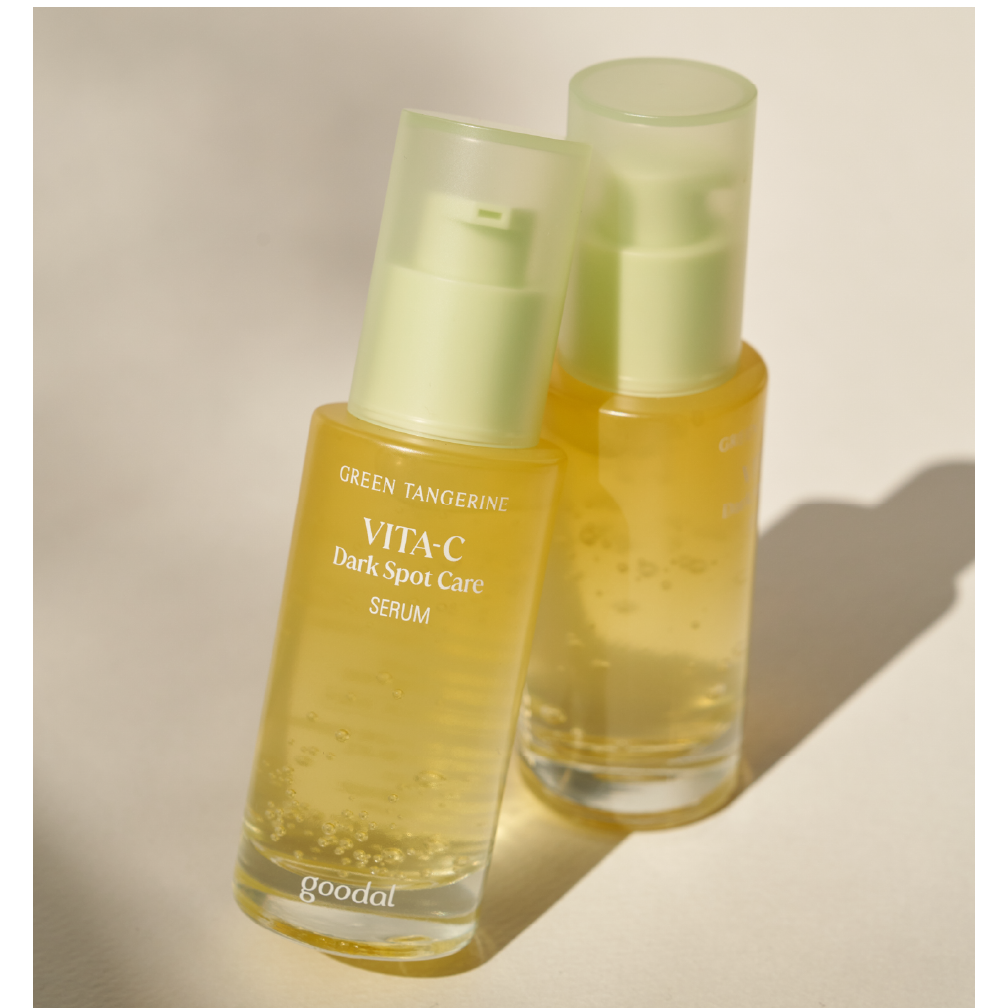
Why vitamin C serum is helpful for reducing dark spots on the face?
Share
Vitamin C serum is widely recognized for its effectiveness in reducing dark spots on the face due to several key properties:
1. Antioxidant Properties: Vitamin C is a potent antioxidant that helps protect the skin from damage caused by free radicals, which can lead to hyperpigmentation and dark spots.
2. Inhibition of Melanin Production: Vitamin C inhibits the enzyme tyrosinase, which is crucial in the production of melanin, the pigment responsible for dark spots and uneven skin tone. By reducing melanin synthesis, Vitamin C helps to lighten existing dark spots and prevent new ones from forming.
3. Collagen Production: Vitamin C stimulates collagen synthesis, which improves skin texture and elasticity. This can help in the overall appearance of the skin, making dark spots less noticeable over time.
4. Anti-inflammatory Effects: Vitamin C has anti-inflammatory properties that can help reduce inflammation and redness associated with dark spots and other skin conditions.
5. Skin Brightening: Regular use of Vitamin C serum can lead to brighter, more radiant skin. It helps to exfoliate dead skin cells and promote the growth of new, healthy skin cells, contributing to a more even skin tone.
6. UV Protection: Although Vitamin C is not a substitute for sunscreen, it provides some protection against the sun's harmful UV rays, which are a major cause of dark spots. It helps to neutralize free radicals generated by UV exposure, thereby preventing and reducing photodamage.
When applied topically, Vitamin C serum can penetrate the skin and deliver these benefits more effectively than when taken orally. For optimal results, it's important to use a Vitamin C serum that is properly formulated (often with L-ascorbic acid, the most active form of Vitamin C) and to follow the application with a broad-spectrum sunscreen during the day to protect the skin from further UV damage.
1. Antioxidant Properties: Vitamin C is a potent antioxidant that helps protect the skin from damage caused by free radicals, which can lead to hyperpigmentation and dark spots.
2. Inhibition of Melanin Production: Vitamin C inhibits the enzyme tyrosinase, which is crucial in the production of melanin, the pigment responsible for dark spots and uneven skin tone. By reducing melanin synthesis, Vitamin C helps to lighten existing dark spots and prevent new ones from forming.
3. Collagen Production: Vitamin C stimulates collagen synthesis, which improves skin texture and elasticity. This can help in the overall appearance of the skin, making dark spots less noticeable over time.
4. Anti-inflammatory Effects: Vitamin C has anti-inflammatory properties that can help reduce inflammation and redness associated with dark spots and other skin conditions.
5. Skin Brightening: Regular use of Vitamin C serum can lead to brighter, more radiant skin. It helps to exfoliate dead skin cells and promote the growth of new, healthy skin cells, contributing to a more even skin tone.
6. UV Protection: Although Vitamin C is not a substitute for sunscreen, it provides some protection against the sun's harmful UV rays, which are a major cause of dark spots. It helps to neutralize free radicals generated by UV exposure, thereby preventing and reducing photodamage.
When applied topically, Vitamin C serum can penetrate the skin and deliver these benefits more effectively than when taken orally. For optimal results, it's important to use a Vitamin C serum that is properly formulated (often with L-ascorbic acid, the most active form of Vitamin C) and to follow the application with a broad-spectrum sunscreen during the day to protect the skin from further UV damage.
